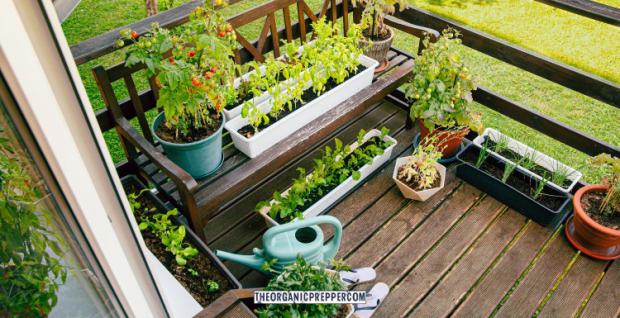
Breaking News
 Jeffrey Epstein victim 'had baby fathered by the paedophile snatched away ten minutes after birt
Jeffrey Epstein victim 'had baby fathered by the paedophile snatched away ten minutes after birt
 Revolving Green Door: Former Biden Officials Landed Jobs With Environmental NGOs...
Revolving Green Door: Former Biden Officials Landed Jobs With Environmental NGOs...
 Watch: Russian Soldiers Surrender To Gun-Wielding Robot; Humanoid Warfare Nears
Watch: Russian Soldiers Surrender To Gun-Wielding Robot; Humanoid Warfare Nears
 America At 250: The Words That Helped Ignite A Revolution
America At 250: The Words That Helped Ignite A Revolution
Top Tech News
 How underwater 3D printing could soon transform maritime construction
How underwater 3D printing could soon transform maritime construction
 Smart soldering iron packs a camera to show you what you're doing
Smart soldering iron packs a camera to show you what you're doing
 Look, no hands: Flying umbrella follows user through the rain
Look, no hands: Flying umbrella follows user through the rain
 Critical Linux Warning: 800,000 Devices Are EXPOSED
Critical Linux Warning: 800,000 Devices Are EXPOSED
 'Brave New World': IVF Company's Eugenics Tool Lets Couples Pick 'Best' Baby, Di
'Brave New World': IVF Company's Eugenics Tool Lets Couples Pick 'Best' Baby, Di
 The smartphone just fired a warning shot at the camera industry.
The smartphone just fired a warning shot at the camera industry.
 A revolutionary breakthrough in dental science is changing how we fight tooth decay
A revolutionary breakthrough in dental science is changing how we fight tooth decay
 Docan Energy "Panda": 32kWh for $2,530!
Docan Energy "Panda": 32kWh for $2,530!
 Rugged phone with multi-day battery life doubles as a 1080p projector
Rugged phone with multi-day battery life doubles as a 1080p projector
 4 Sisters Invent Electric Tractor with Mom and Dad and it's Selling in 5 Countries
4 Sisters Invent Electric Tractor with Mom and Dad and it's Selling in 5 Countries
Apartment and Condo Gardening Help You to Bloom Where You're Planted

So you've noticed rising food prices and want to grow your own, but you live in an apartment or condo and simply don't have a yard. You may have a porch or lanai, a window or two, perhaps even a nice wall. Good news! You can still grow a few things. Every little bit will help, right? And apartment and condo gardening are viable options.
Bloom where you are planted. If a small space without a lawn is currently where you are at, then that's where you are at. The below advice will teach you how to make the most of your circumstances, regardless of where you live.
The first thing to do is check with management or the condo association.
They might have rules about what can be put outside or on the lanai, for example. After checking what the rules are (if any), then, evaluate your space. If you have windows, how many and which directions are they facing? South and east are best, although north and west can be worked with too.
How's your climate? Subzero winters will affect both lighting and indoor temperatures, and those factors will play into the food plants you can grow. If you're growing standard house plants, consider replacing them with food plants.



